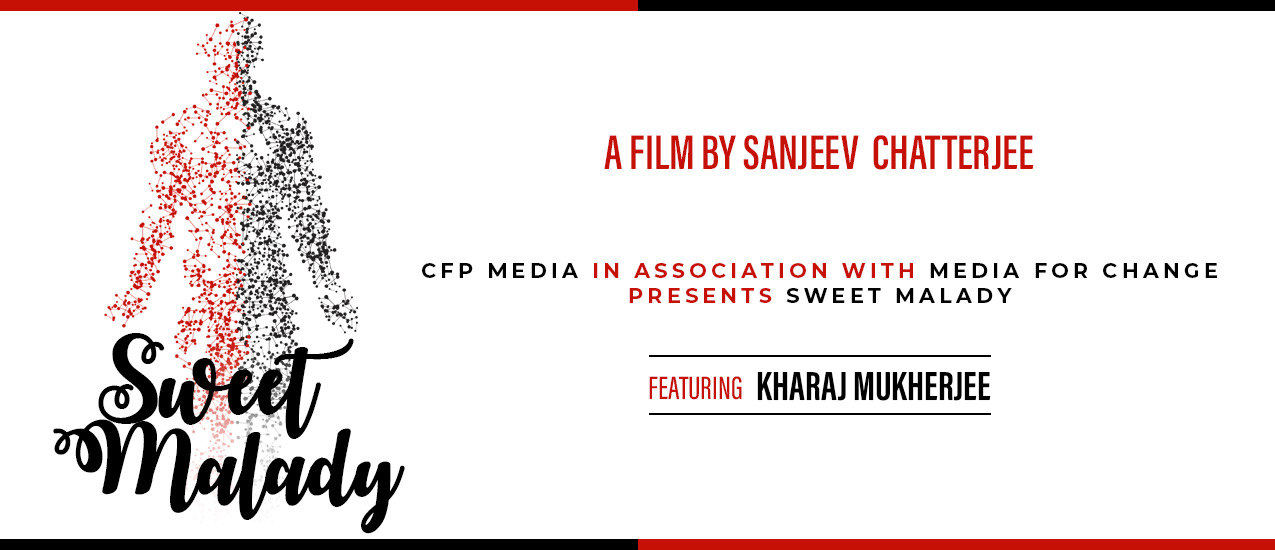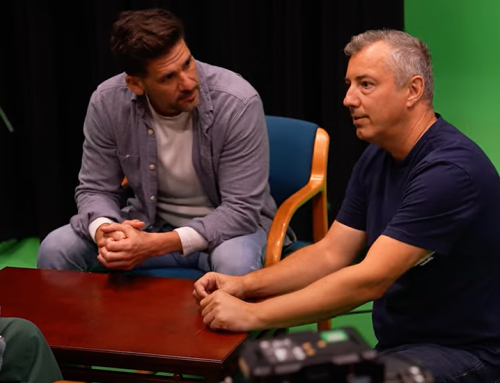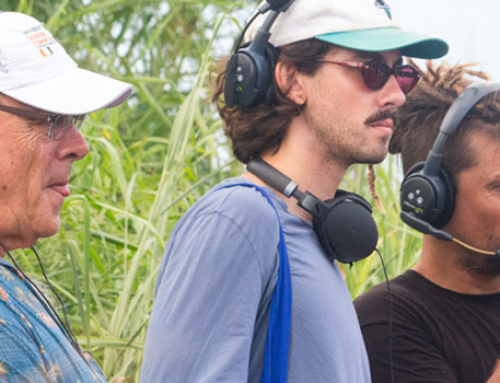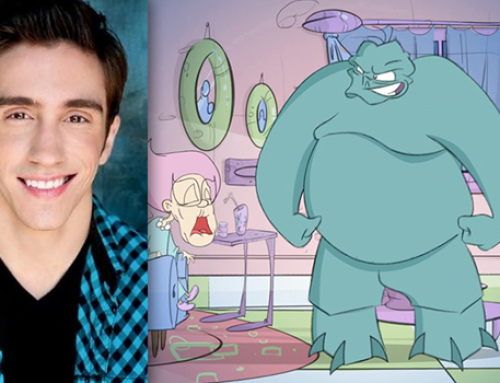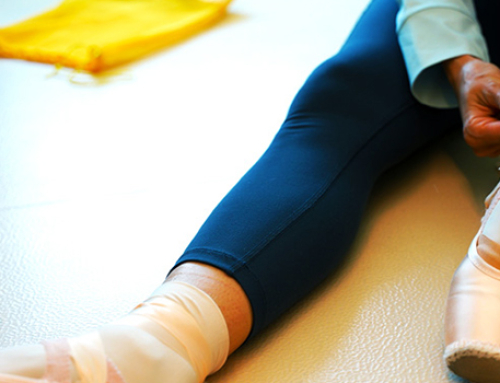By: Isabella Vaccaro
Sanjeev Chatterjee, a professor of cinema and interactive media and journalism in the University of Miami’s School of Communication, has been starting conversations with his films for years. His 2008 documentary One Water, prompted audiences around the world to rethink their relationship with water and how they might be taking it for granted.
Chatterjee is tackling another global problem: the effects of sugar. In his new film, Sweet Malady, Chatterjee follows a family in Kolkata, the capital of India’s West Bengal state and a city known for its obsession with sweets, as well as its scarily high rate of Type 2 Diabetes.
Chatterjee said that besides opening a discussion about diabetes, there were other factors that drew him to this project. “I also really enjoy the diversity of sweets that come from that state and how much pride people take in saying that this is from my city, my town, in my district,” he said. “In Kolkata, obviously, the sweets don’t cause diabetes, but when you have diabetes you can’t eat them in such copious amounts, and that’s the challenge,” he added.
“There are practices that are deep-seated, culturally, that get in the way of medical advice,” said Chatterjee. “So, it’s not as though people don’t realize that these diseases are a problem, but they have habits, they have cultural norms that compete with best practices that medicine would like groups to do.”
Chatterjee found himself in Kolkata on a Fulbright scholarship and itching to put together a film about this cultural addiction to sugar. With some funding from friends and a team of three local students helping him, Chatterjee got to work on a project he described as unique, because it allowed him “to combine filmmaking and teaching at the same time.” The film is produced by Souren Sarkar, an alumnus of the Miami Herbert Business School, and his brother, Soumen Sarkar, both of whom were born and brought up in Kolkata.
Within the first couple of minutes of Chatterjee’s film, we are introduced to the city of Kolkata, shown some of the sugary delicacies it is known for, and presented with a startling fact: one in five people in Kolkata has Type 2 Diabetes. As the camera pans over wide shots of pitha—a variation of fried or steamed rice dumplings from eastern India and Bangladesh—it is easy to forget the relationship between the sweet satisfying flavors and diabetes.
Chatterjee is Bengali and knows, firsthand, the sugar craze that plagues this area of India. Even though his family is not from Kolkata, he said they are just as enamored with sugary treats, describing himself as the “black sheep” of the family since he does not actually like sweets.
The film follows a family whose culture holds sweets as something almost sacred and whose mother feels an enormous sense of pride cooking them. Growing up being fed these sugary foods proved to be an issue for this particular family, who all suffer from diabetes and are addicted to foods they associate with their happiness.
“This is a beginning of a journey,” said Chatterjee. “If I go to a crowd of people and tell them how to behave, that will be confrontational. If I show them people that behave like themselves on the screen, that is less confrontational. And, if it’s happening somewhere else in the world and people are watching it, they are more open to starting a conversation.”
Chatterjee not only has plans to make a series of these types of films discussing diabetes, but also plans to create a feature film on sugar and its societal power. His goal is always to make people think long after they’ve left the theater or turned off the film.
Sweet Malady debuts on Wednesday, Feb. 12 at 6 p.m. in Shoma Hall in the School of Communication, followed by a panel of diabetes experts who will discuss this worldwide, chronic health condition. Register now at https://www.eventbrite.com/e/sweet-malady-film-screening-and-panel-discussion-tickets-89643132021?utm-medium=discovery&utm-campaign=social&utm-content=attendeeshare&aff=escb&utm-source=cp&utm-term=listing.
